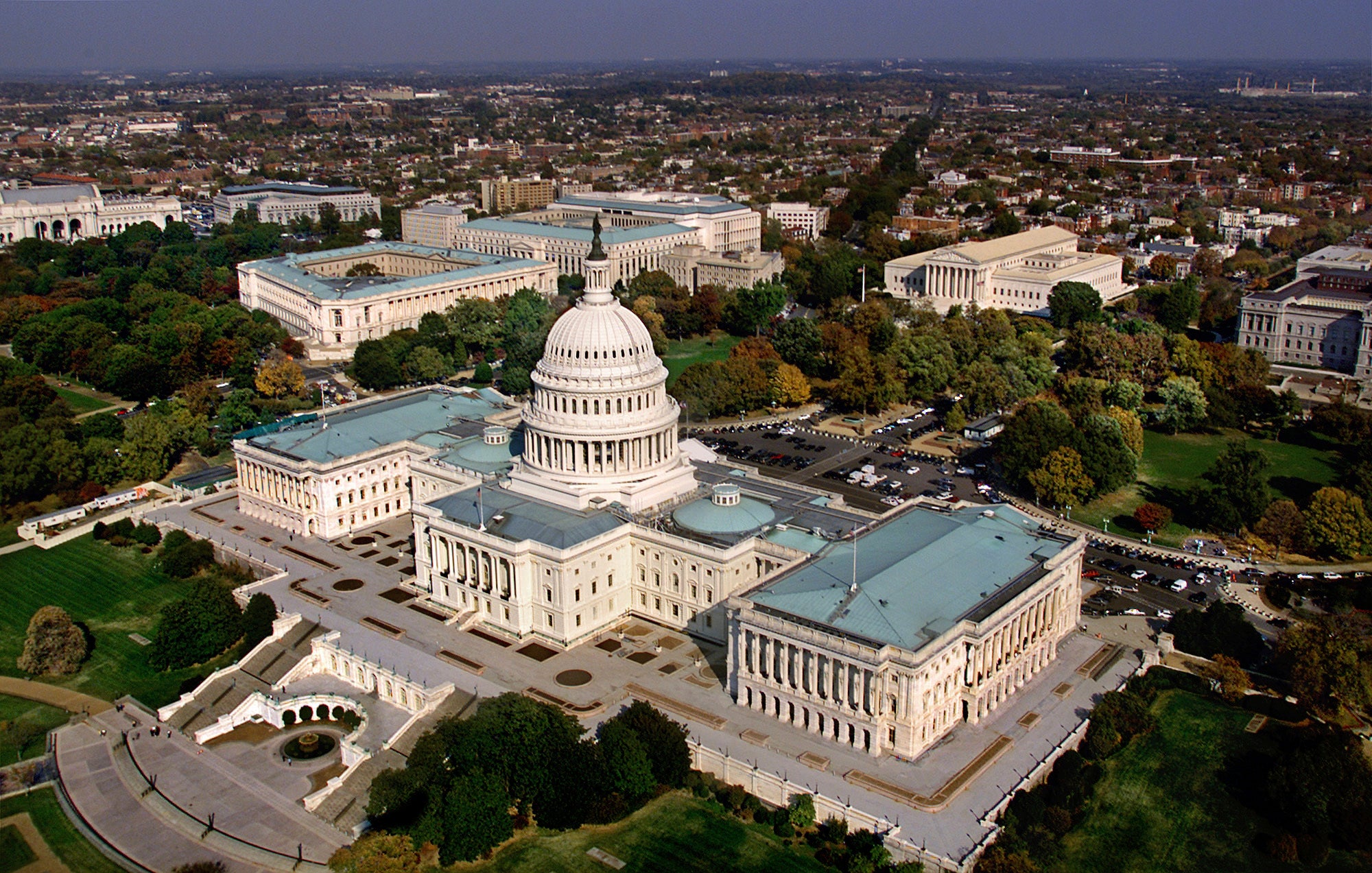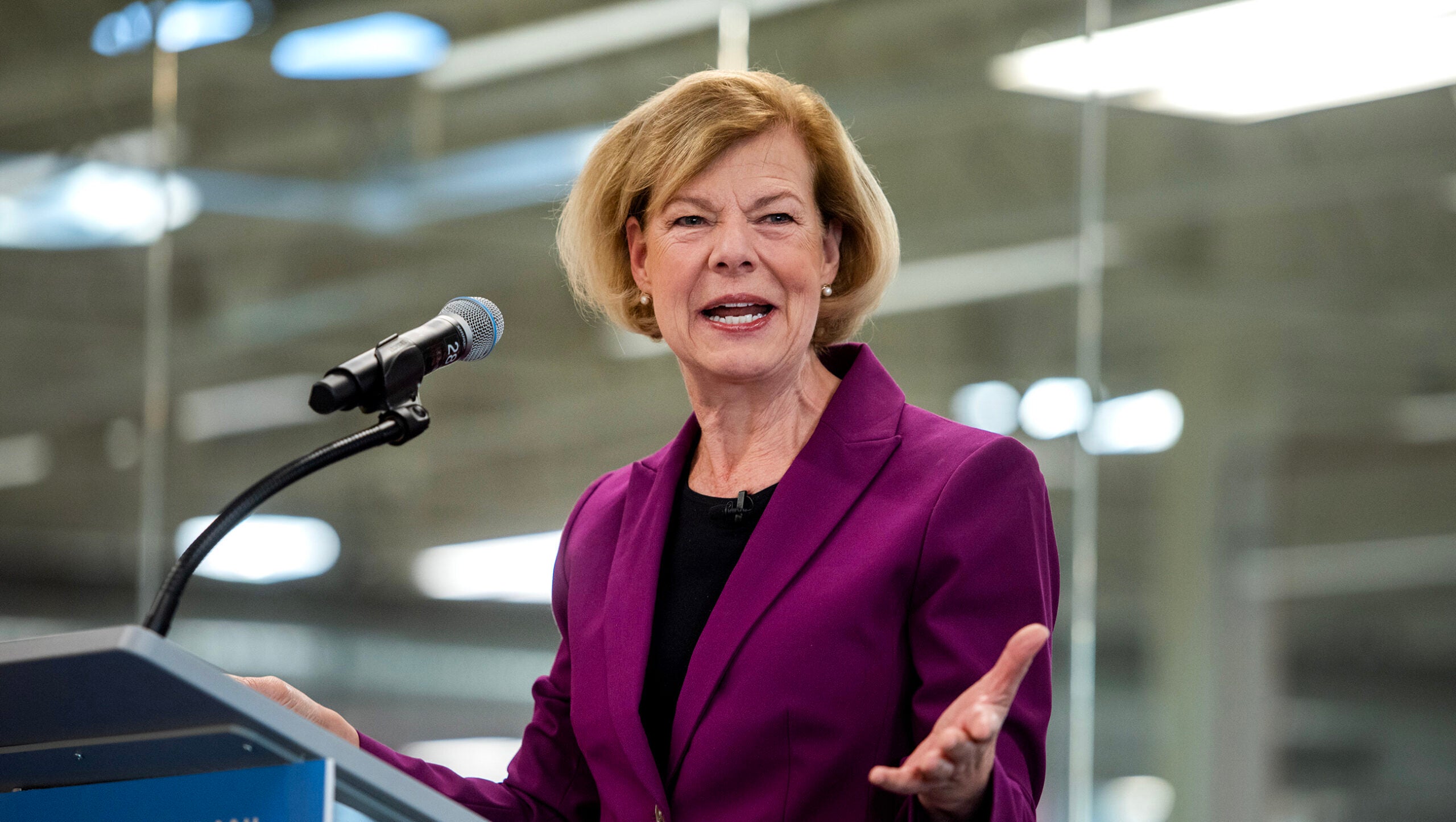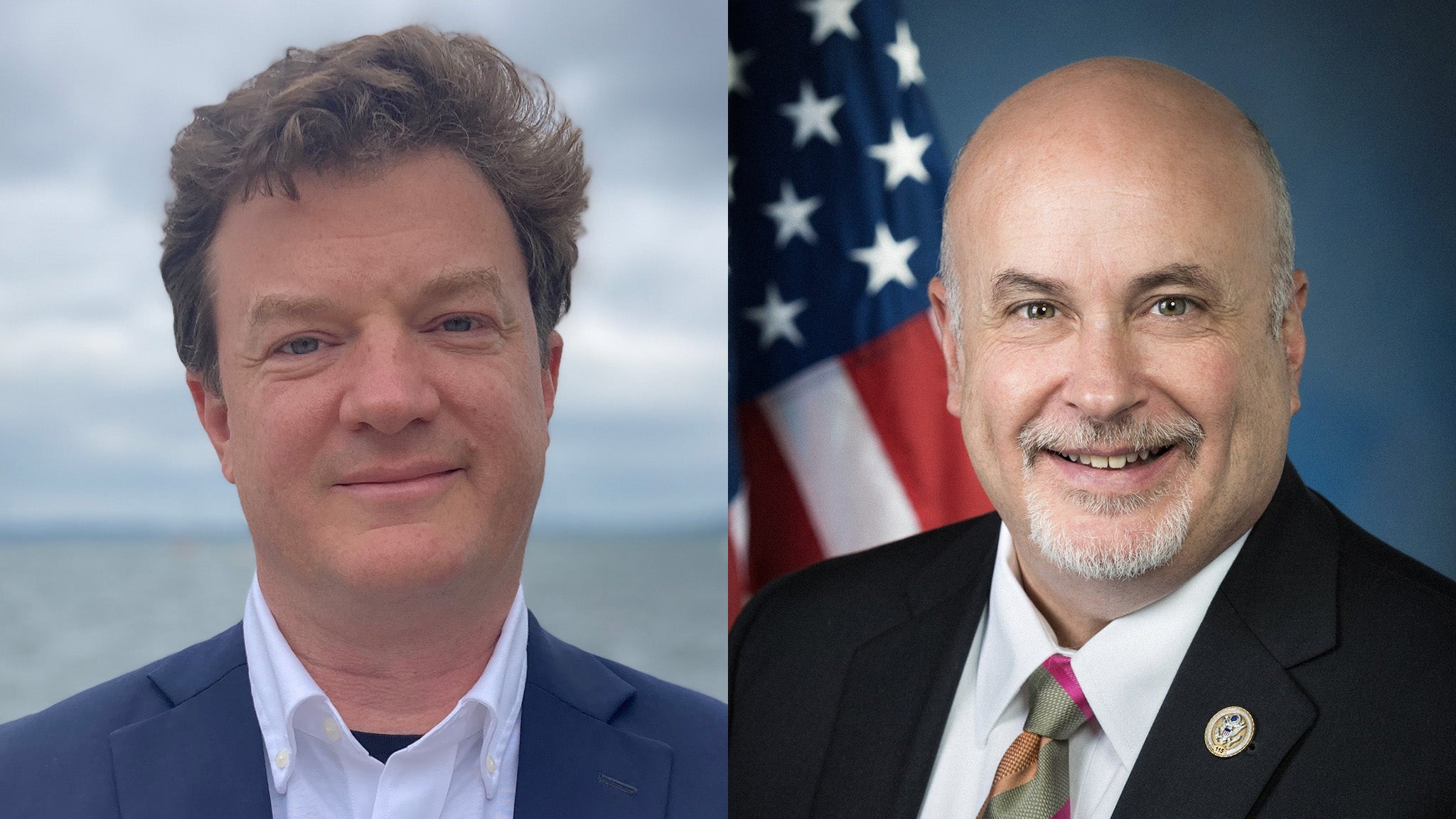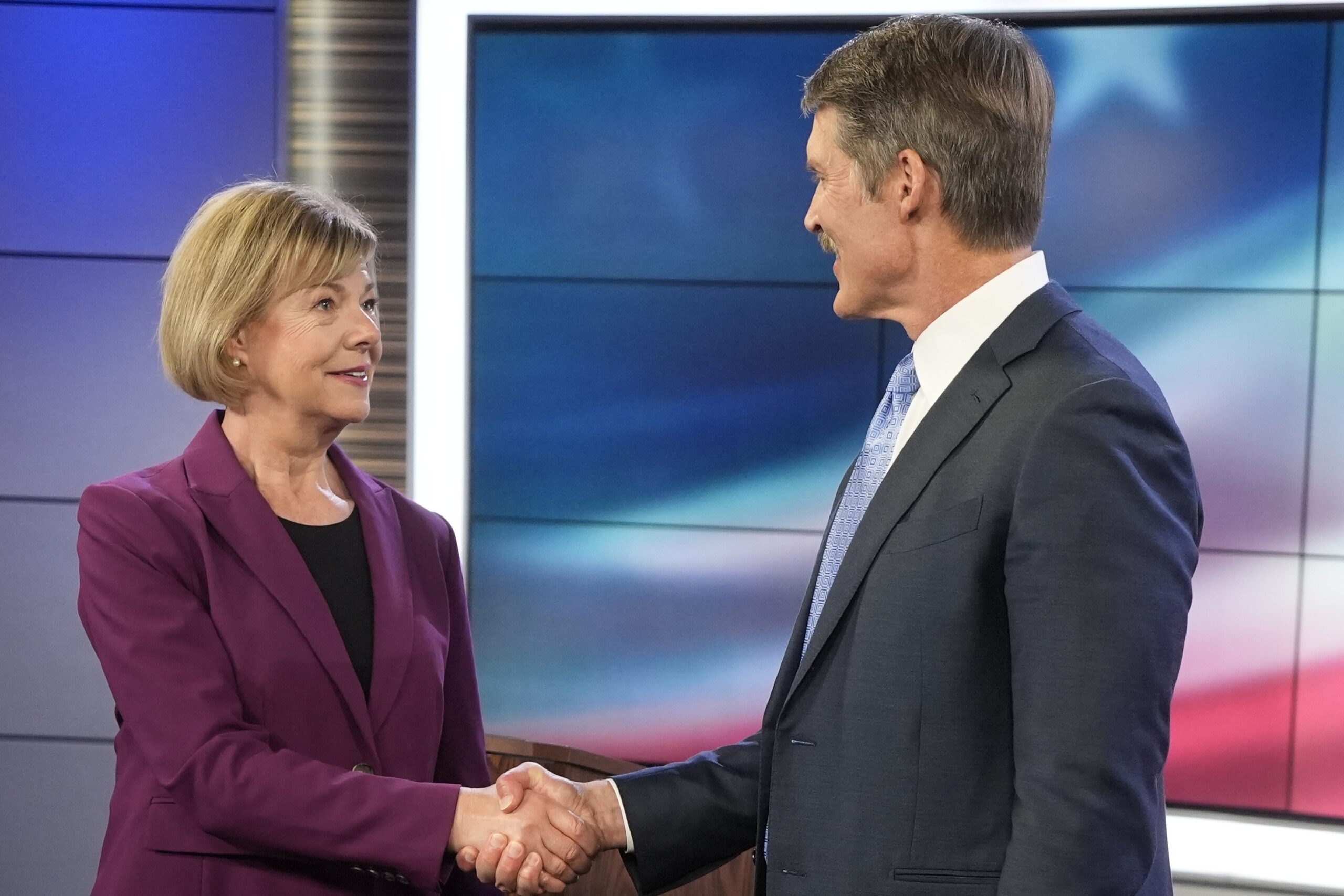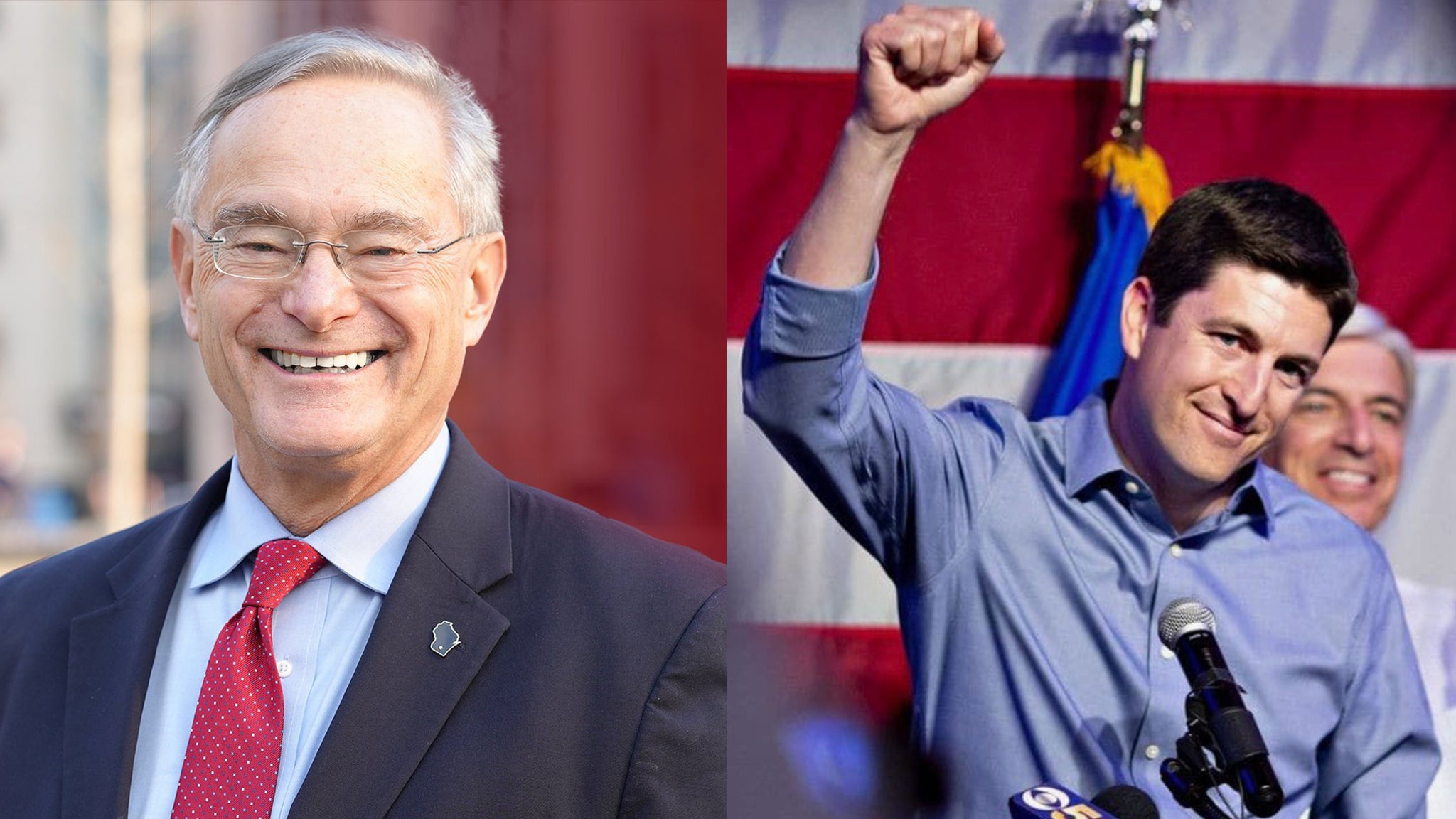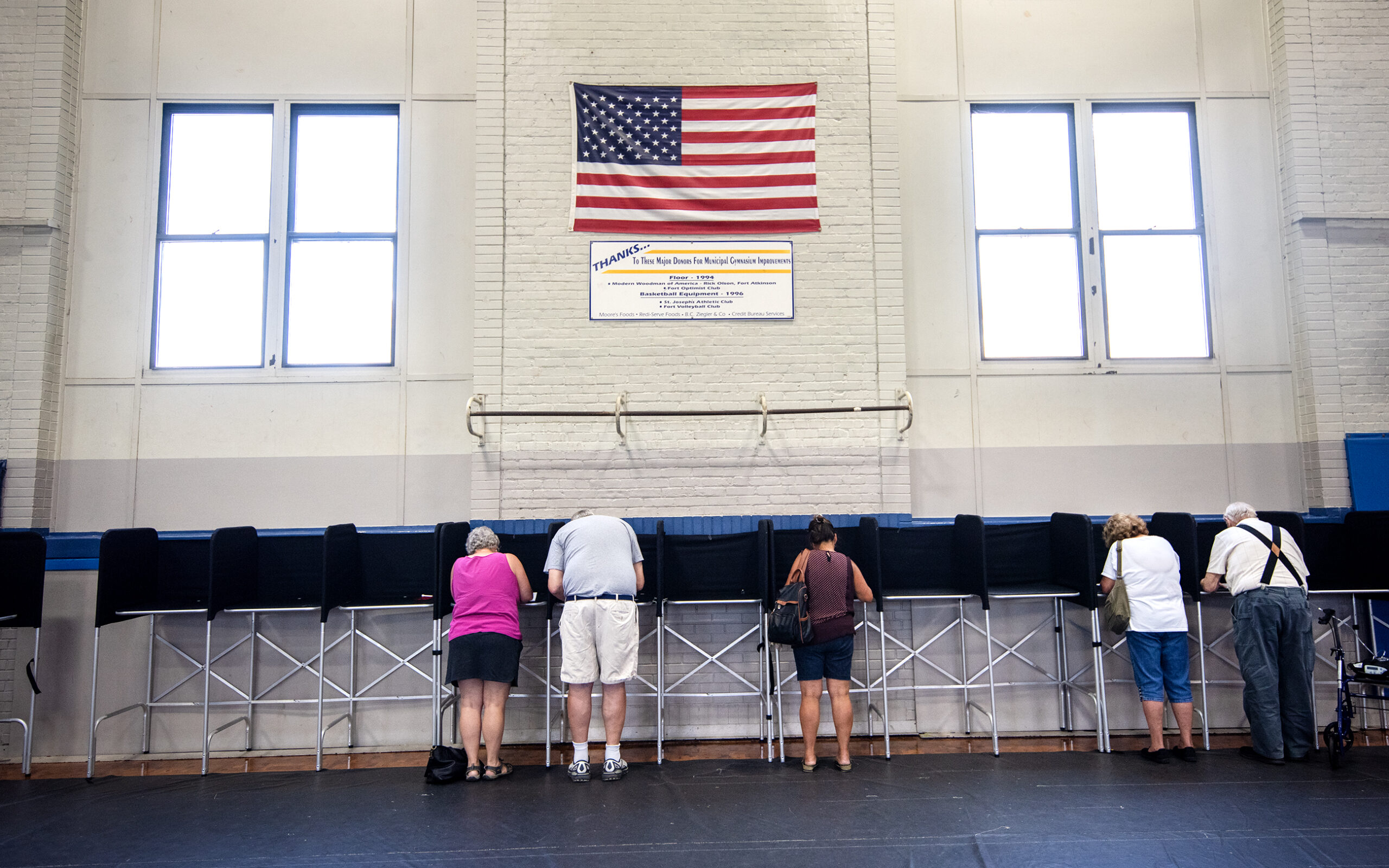The U.S. House of Representatives will vote Tuesday night on a bill from Republican Congressman Bryan Steil to help small businesses find investors.
Steil, who represents Wisconsin’s 1st Congressional District, introduced the “Expanding Investment in Small Businesses Act of 2019” on May 30. If it passes, it will be the freshman congressman’s first piece of legislation to go to vote before the Senate.
Steil recently spoke with Wisconsin Public Radio’s “Central Time” host Rob Ferrett about the legislation.
Stay informed on the latest news
Sign up for WPR’s email newsletter.
The interview has been edited for brevity and clarity.
Rob Ferrett: Your bill is on the House floor calendar for this evening, what would it do?
Bryan Steil: This bill really is an opportunity to expand investment in small businesses so they can continue to grow jobs, grow wages and invest right here in our home communities. As you step back, big picture, we have some stuff that we need to take care of … the rising costs of health care … the $20 trillion in debt that we have. But there’s also a time where we need to focus in on some of these small wins that we can get that are nonpartisan in nature. I think this bill does exactly that.
RF: Now it gets a little technical, but how are you hoping to boost investment in small businesses … allow them to go public in ways that they can’t do currently?
BS: It has the U.S. Securities and Exchange Commission examine how these small businesses are affected by caps on mutual funds.
So if you think about how people are saving, in particular for retirement through pensions, through 401(k)s — the ability of those mutual funds that your retirement savings are in, they need to be able to invest in some of these small businesses, not just the large businesses, so that they’re able to get the benefit of the growth of these small creative companies, and small creative companies are able to get the benefit of that investment.
RF: So if I’m a small business owner who has gone public, that means people can buy stocks in my business, people can buy those, investors can buy those, banks could buy those — but mutual funds it sounds like are restricted if my business isn’t of a certain size.
BS: Well, there’s certain restrictions on some of these mutual funds on how much of their funds they can invest in small businesses. And so what we want to do is examine, can we lift those caps on those investment requirements so that these mutual funds can properly invest in some of these smaller businesses, which is a win both for the investors, the people that are counting on these funds for their retirement, but also for these small businesses so they have access to capital that they can then use to invest in our home communities, to invest in jobs, to create and grow the American economy.
RF: As you mentioned, you see this as maybe a small win, do you have a sense of how big an impact this could have on small businesses around the country.
BS: I think this is a meaningful piece of moving the ball forward.
It’s a small win, but what we need to do sometimes is focus in on the small wins out here in Washington.
We see so much partisan gridlock, in particular on the transformative change that we do need to actually get done here in Washington. But sometimes there’s moments where we’ve got to step back, go after the small wins and work in a nonpartisan way. And I’ve done that with Vicente Gonzalez, Democrat lead on this bill who I’ve worked with. Between the two of us I think we’ll get this bill across the line by the end of the day.
RF: So by the end of the day in the House, do you have a timeline for when it could make it completely through the House and hopefully — if you’re supporting this bill — through the Senate?
BS: We’ll be debating it this afternoon on the House floor, somewhere in the neighborhood of 5 o’clock Central, and then we’re scheduled to be voting on this just before 8 p.m. Central time tonight.
So I’m optimistic that this will get across the line.
It’s been an idea that’s been brewing out in Washington for some time. I’m optimistic that we’re going to be successful tonight. And again, it’s a small win, but sometimes in times of divided government when we’re seeing the challenges, we need to be happy with getting some of the small wins done.
Wisconsin Public Radio, © Copyright 2024, Board of Regents of the University of Wisconsin System and Wisconsin Educational Communications Board.

